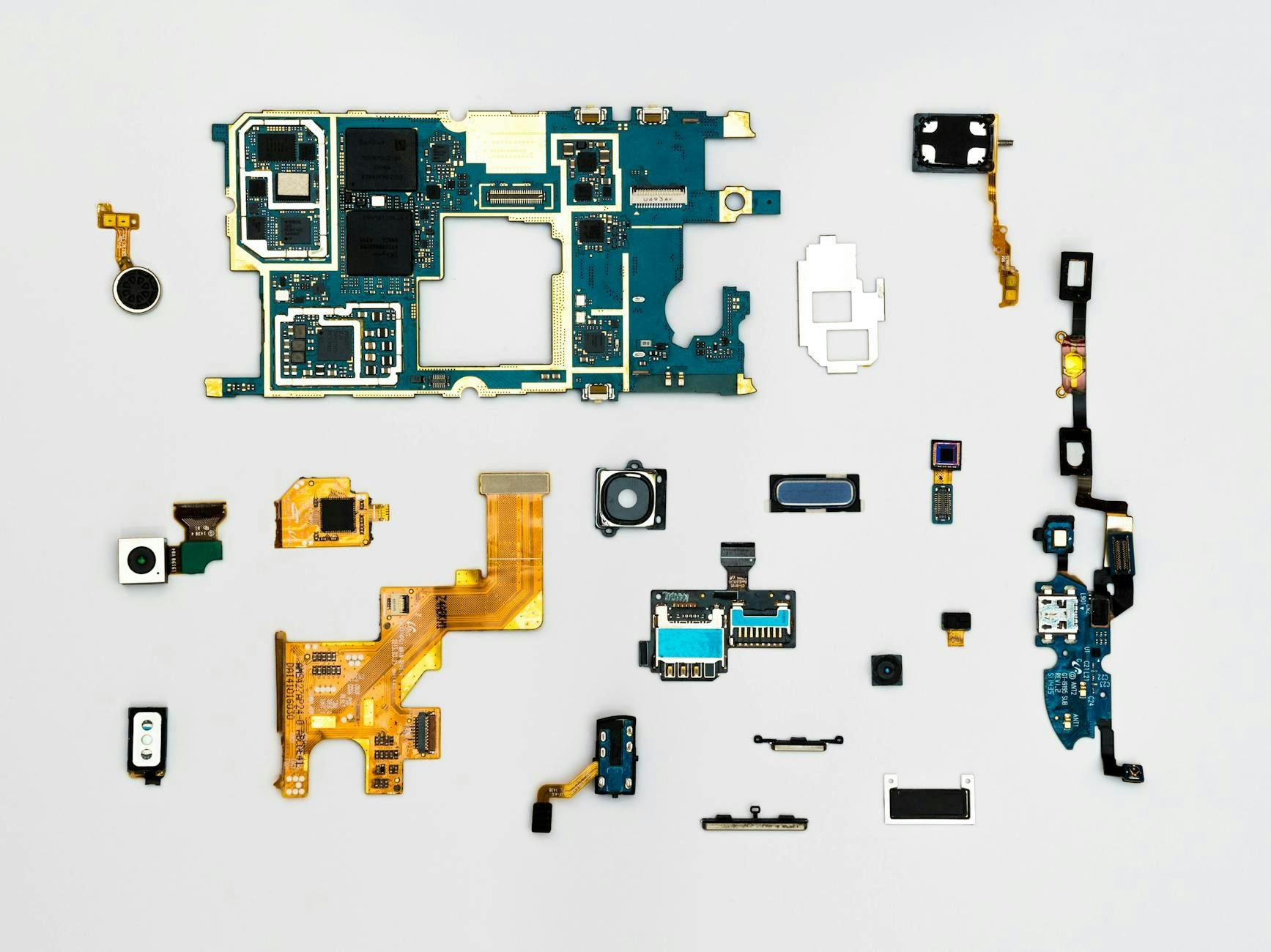
"Fine-tuning large language models requires huge GPU memory, leading to challenges in acquiring larger models, but QDyLoRA addresses this by enabling dynamic low-rank adaptation."
"QDyLoRA proposes an efficient quantization approach, allowing fine-tuning on a set of predefined LoRA ranks from 1 to 64 on a 32 GB V100-GPU."
"Experimental results suggest that QDyLoRA not only competes well with the existing QLoRA but also outperforms it when using its optimal rank. Additionally, it simplifies the fine-tuning process."
"The convergence of large language models has fostered increased interest in techniques that enhance efficiency and fine-tuning costs, driving research in this emerging area."
The need for finetuning large language models (LLMs) has risen, yet high GPU memory consumption confounds the acquisition of larger models. The proposed QDyLoRA method addresses limitations of existing LoRA techniques by allowing fine-tuning across various predefined ranks efficiently, utilizing just one fine-tuning process on a single 32 GB V100-GPU. Experimental evidence indicates QDyLoRA competes with QLoRA and excels when the optimal rank is employed, demonstrating its potency for improving model adaptability and performance while reducing memory demands.
Read at Hackernoon
Unable to calculate read time
Collection
[
|
...
]